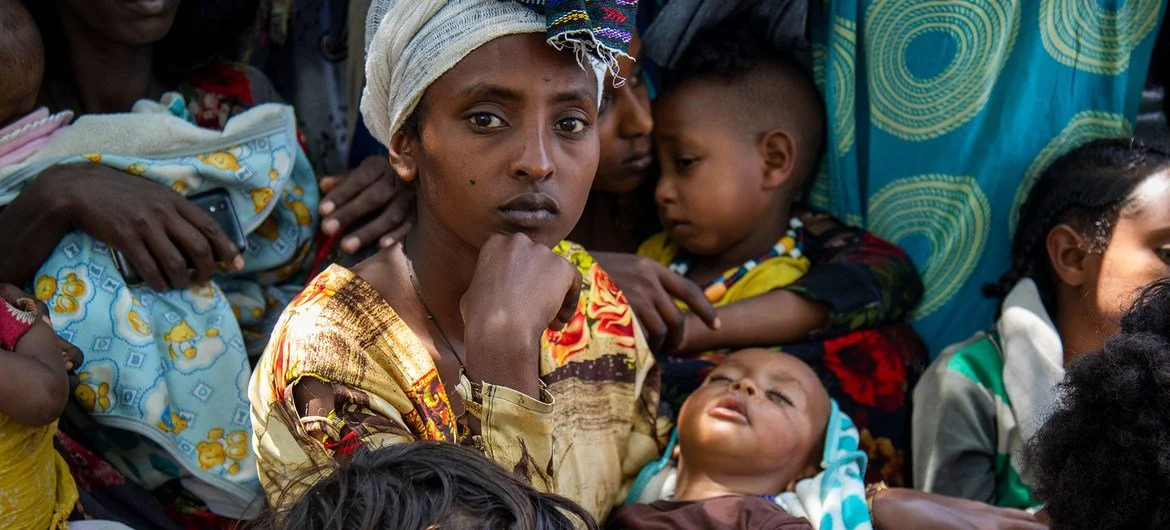Ensuring Effectiveness & Integrity Through Cultural Awareness.
Areas of Focus
-
Increase effectiveness and promote sustainability by providing a culturally sensitive lens to address pressing post-conflict needs.
-
Fine-tuning development projects to successfully bridge local stakeholders with project development goals
-
Ensuring research integrity by sensitizing methods to cultural values, intercultural perceptions, linguistic nuance and entrenched attitudes.
-
Promoting lasting peace and stability by sensitizing policies to indigenous cultural norms and values.
Learn More About Our Areas of Focus
-

Post-Conflict Reconstruction
Using evidence based cultural frameworks to achieve the African Union objectives in Post-Conflict Reconstruction and Development to “consolidate peace, promote sustainable development and pave the way for growth and regeneration in countries and regions emerging from conflict. Given the peculiarities of each conflict situation, this policy is conceived as a flexible template that can be adapted to, and assist, affected regions and countries, in their endeavors towards reconstruction, security and growth.”
-

Proposal Review
Identifying culturally rooted pathways to economic, civic and social reconstruction to ensure effective direct programming and local partnerships in the Health, Nutrition, WASH, Economic Recovery and Development, Education, Child Protection, and Women’s Protection and Empowerment development.
-

Research Methods
Understanding how important it is to recognize and be responsive to the cultural and linguistic nuances of given research settings to achieve cultural integrity in research by conceptualizing and framing elements around indigenous customs. We are committed to ensure that research methods and implementation are based on traditional cultural values, conscious of how the researchers are positioned; and the impact of intercultural perceptions, representations, languages, and attitudes influenced the fieldwork processes.
-

Policy Advisement
We provide agencies and government offices with needed technical skills to develop culturally centric policy and implementation strategies by providing: (1) scientific expertise; (2) policy expertise; (3) process expertise and (4) instrument expertise, at every level of governance.

